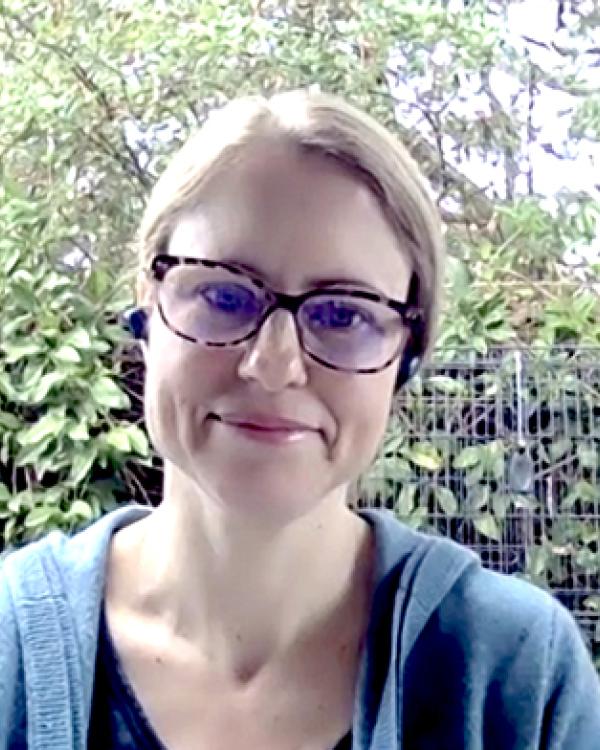
Valerie Meier was named the Dorothy M. Chun and Joseph Polchinski Fellow for 2020. This fellowship supports qualified graduate students enrolled in the interdisciplinary emphasis in Applied Linguistics who are studying second language acquisition and closely-related topics. It is awarded in the spring, so we acknowledge the last year’s recipient before the new fellow is named.
Dorothy M. Chun is an Emeritus Professor who taught in the Department of Education at UC Santa Barbara’s Gevirtz School from 2009-2020. She received her Ph.D. from UC Berkeley in historical Germanic linguistics, but she transitioned to the fields of second language acquisition and applied linguistics shortly thereafter. During her time at UCSB, she researched and explored how second languages are learned and how technology can be leveraged to enhance the learning of language and culture. She is the Editor in Chief of the online journal Language Learning and Technology, and in 2004 she became the founding director of the Ph.D. Emphasis in Applied Linguistics at UCSB.
Joseph Polchinski received his Ph.D. in physics from Berkeley in 1980. He came to UC Santa Barbara in 1992 and joined the Kavli Institute for Theoretical Physics. Before he passed away in 2018, he won a number of prizes including the 2013 and 2014 Physics Frontiers Prizes and contributed to the study of theoretical physics and string theory. He is best known for his discovery of D-branes, structures that appear to be central to string theory.
Valerie Meier is an Education doctoral student working with Dr. Jin Sook Lee. She holds a BA and BFA from Tufts University, an MA in Composition from San Francisco State University, and an MA in Second Language Studies from the University of Hawai’i at Manoa. In addition to having taught a wide range of reading and writing classes at US universities, she has also taught English in Japan and Laos. Her research interests broadly include academic literacies, second language acquisition, and language-in-education policies; her current focus is on better understanding how teachers can capitalize on their students’ bilingual resources in order to promote the acquisition of academic literacies in one or more languages.